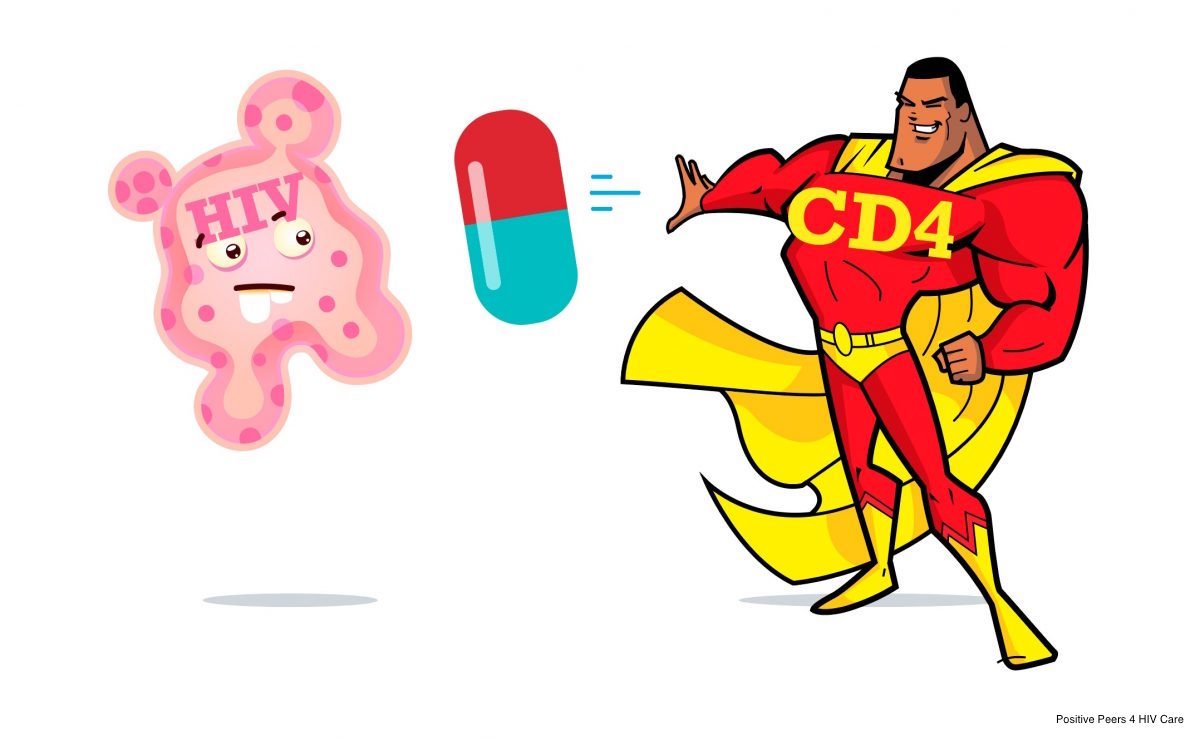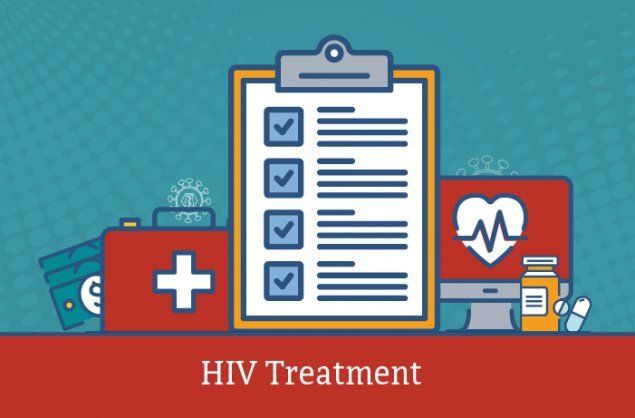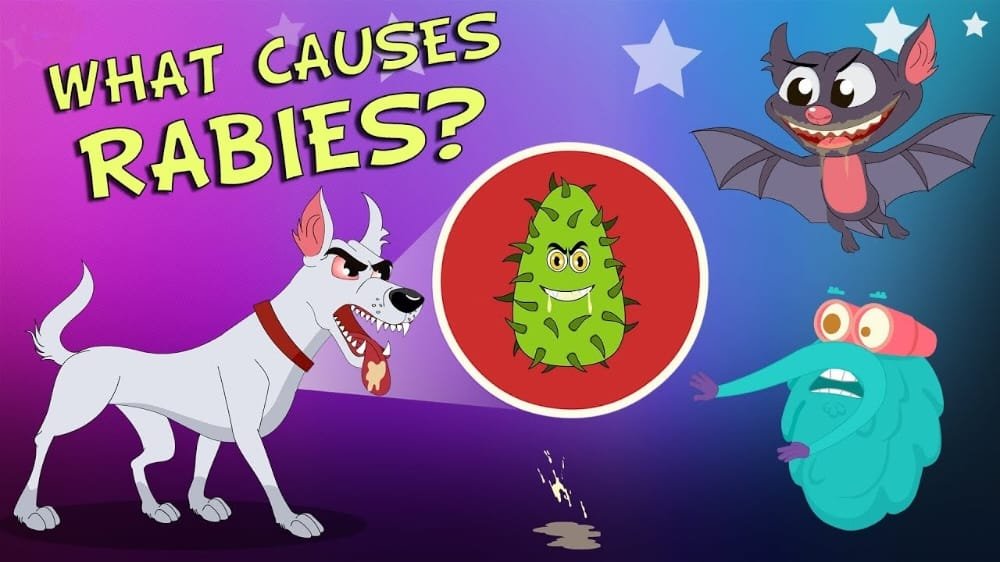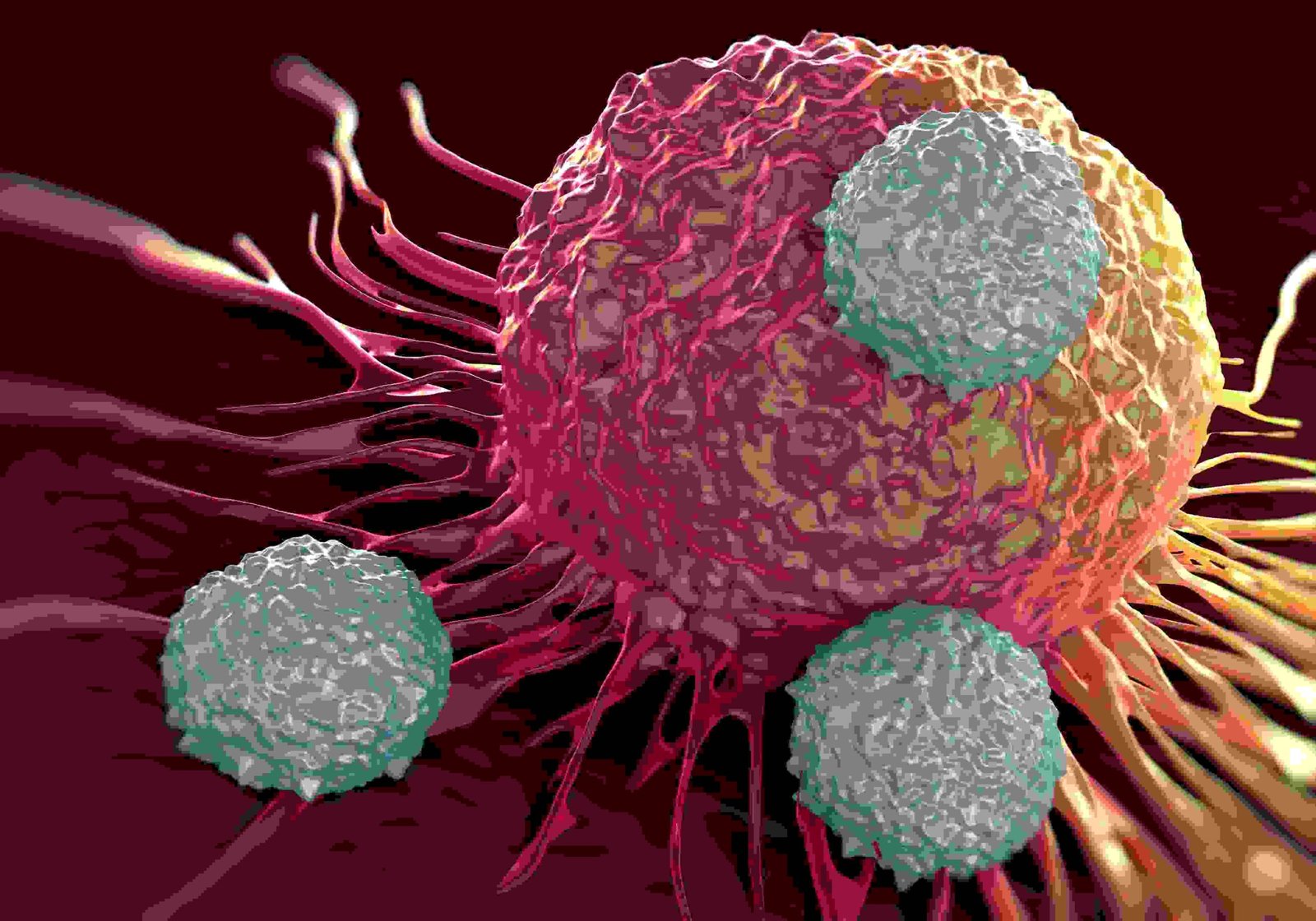What is HIV?

HIV (human immunodeficiency virus) is a virus that attacks the immune system. this is the one of the types of sexually transmitted infections (STI). The immune system becomes weaker, making it harder for the body to fight off infections and some kinds of cancers. Most people who are diagnosed early and take medicines for HIV can live long and healthy lives. It is mainly spread by bodily fluids of person with HIV, most commonly during unprotected sex (sex without a condom or HIV medicine to prevent or treat HIV), or through sharing injection drug equipment. woman can gives HIV to their child during pregnancy or at the time of birth.
HIV weakens your immune system to the point that you have AIDS. AIDS is the most advanced stage of HIV infection. Untreated HIV infects and kills CD4 cells, which are a type of immune cell called T cells. Over time, as HIV kills more CD4 cells, the body is more likely to get various types of infections and cancers. HIV infection in humans came from a type of chimpanzee in Central Africa. and the chimpanzee version of virus called simian immunodeficiency virus, or (SIV).
How HIV/AIDS spreads?

HIV is spread through:-
1) Infected blood or body fluids (such as semen,pre-seminal fluid, Rectal fluids, vaginal fluids)
2) During sex (especially anal sex and vaginal sex)
3) Breast milk
4) Through sharing needles for injecting drugs or tattooing
5) By getting stuck with a needle with an infected person’s blood on it
6) The risk of HIV from oral sex is very small unless you or your partner have large open sores on the genital area or bleeding gums/sores in your mouth.
People with HIV who take HIV medicine daily as prescribed and get and keep an undetectable viral load have effectively no risk of sexually transmitting HIV to their HIV-negative partners.
Also read: Top 12 Myths about HIV/AIDS
HIV is not spread through:-
- Air or water
- Mosquitoes, ticks, or other insects
- Saliva, tears, or sweat that is not mixed with the blood of a person with HIV
- Shaking hands; hugging; sharing toilets; sharing dishes, silverware, or drinking glasses; or engaging in closed-mouth or “social” kissing with a person with HIV
- Drinking fountains
- Other sexual activities that don’t involve the exchange of body fluids (for example, touching).
- pee, poop, spit, throw-up, or sweat (as long as no blood is present)
- coughing or sneezing
- sharing eating utensils or drinking glasses
- skin-to-skin contact
HIV can’t be passed through healthy, unbroken skin.
What causes HIV/AIDS?
HIV destroys CD4 cells (also called T cells). CD4 cells are part of the immune system. They fight germs and help prevent some kinds of cancers.
What are the Sign and Symptoms of HIV?

There are several symptoms of HIV. Not everyone will have the same symptoms. It depends on the person and what stage of the disease they are in.
Stage 1: Early Stage of HIV infection
- fever
- Swollen, enlarged glands
- painful ulcers in the mouth or around the anus or penis
- headache
- rash
- muscle and joint pain
- sore throat
- particularly at night
- a red rash
- Tiredness
- Weakness
- unintentional weight loss
- Thrush
- fatigue
Symptoms can go last long from couples of weeks to the couples of months.but some people do not show symptoms at all they are asymptomatic at the early phase of HIV infection.
Stage 2: Chronic Stage of HIV infection
- In this stage, the virus still multiplies, but at very low levels. People in this stage may not feel sick or have any symptoms. This stage is also called clinical latency HIV infection.
- At the end of this phase, the amount of HIV in the blood (called viral load) goes up and the CD4 cell count goes down. The person may have symptoms as the virus levels increase in the body, and the person moves into Stage 3.
Stage 3: Acquired Immunodeficiency Syndrome (AIDS)
- The most severe phase of HIV infection.& This is the late stage of HIV infection
Symptoms of AIDS can include:
- Rapid weight loss
- Recurring fever or profuse night sweats
- Extreme and unexplained tiredness
- Prolonged swelling of the lymph glands in the armpits, groin, or neck
- Diarrhea that lasts for more than a week
- Sores of the mouth, anus, or genitals
- Pneumonia
- Red, brown, pink, or purplish blotches on or under the skin or inside the mouth, nose, or eyelids
- Memory loss, depression, and other neurologic disorders
- Sweats more
- Swollen lymph glands
- Persistent white spots or unusual lesions on your tongue or in your mouth
- Weakness
- Skin rashes or bumps
How Is HIV Diagnosed?

Health care providers usually diagnose HIV through blood tests. Someone who has HIV is said to be “HIV positive.”
Tests also are available without a prescription at the drugstore. You can do the test at home.
HIV is diagnosed as AIDS when someone:
- has fewer than 200 CD4 cells that develop an AIDS-defining condition
Can HIV be Prevented?

By following below methods anyone can reduce the risk of getting HIV
- use a condom every time you have sex (including vaginal, oral, or anal sex)
- get tested for HIV and make sure all partners do too
- reduce their number of sexual partners
- get tested and treated for STDs(sexually transmitted diseases); having an STD increases the risk of HIV infection
- consider taking a medicine every day (called PrEP or pre-exposure prophylaxis) if they are at very high risk of getting infected (for example, if they are in a sexual relationship with someone with HIV)
- There’s evidence that male circumcision can help reduce the risk of getting HIV infection
- If you’re pregnant, get medical care right away. you can significantly cut your baby’s risk.
- If you use a needle to inject drugs, make sure it’s sterile and don’t share it.
What are the treatment of HIV?

Currently, there are no vaccines to prevent or treat HIV/AIDS. Research and testing on experimental vaccines are ongoing, but none are close to being approved for general use.
Here is a video for you so you can understand the entry mechanism of HIV VIRUS This video is brought to you by MEEFRO (Medicinal Elixir an Elliptical Form of Research Organisation).


